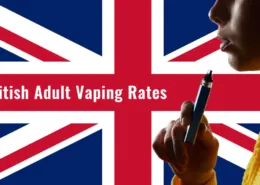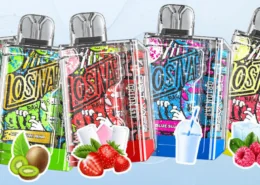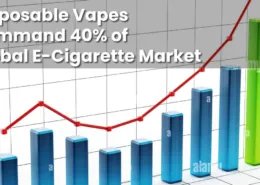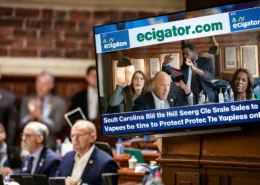Tennessee’s New Vape Law: Product Directory & Massive Fines
Law Effective July 1, 2025, Toughens Carding, Adds Tax, and Imposes Severe Penalties for Underage Sales
Tennessee is set to implement a strict new law effective July 1, 2025, that introduces significant changes for retailers selling tobacco and vapor products. The legislation aims to curb youth access through mandatory carding, a new tax, a product certification directory, and what are being described as “massive fines” for violations, particularly for selling vape products to minors.
Under the new law, retailers must now check photo identification for any customer who appears to be under the age of 50, a significant increase from the previous requirement of 30. A new 10% tax on the wholesale cost of all vapor products will also be imposed, with the Tennessee Alcohol Beverage Commission (ABC) receiving 12.5% of this new tax revenue to fund enhanced enforcement efforts. The law mandates at least two unannounced compliance checks per retailer each year, with results to be published annually.
A key component of the new legislation is the creation of a Vapor Product Directory. Starting January 1, 2026, manufacturers must certify their products with the state, likely aligning with federal PMTA requirements. From January 1, 2027, or when the directory is made public, retailers will be prohibited from selling any unlisted products. They will have a 60-day grace period to sell off existing unlisted inventory, after which non-compliant products are subject to seizure and destruction at the retailer’s expense. Selling an uncertified product carries penalties up to $1,500 and license revocation for a third violation within 12 months.
The most severe penalties are reserved for underage sales of vapor products. A first offense for selling to someone under 21 now carries a $2,500 fine. A second offense results in a mandatory fine of “at least” $20,000 and revocation of the retailer’s license, with no time limit between offenses. These penalties are specific to vapor products and are significantly harsher than those for selling traditional tobacco to minors.
The law also introduces advertising restrictions, banning vape ads that appeal to children (e.g., mimicking candy or cartoons) and prohibiting billboards within 1,000 feet of schools, churches, or daycares, with violators facing fines up to $20,000 and license loss for repeat offenses.
- News source: Tennessee Toughens Law for Underage Tobacco and Vape
- HHC Vapes: What Are They & Are They Safe? - July 31, 2025
- Cannabis and Vape Shop Workers Rank Happiest in Nation - July 31, 2025
- Richmond, VA, Restricts New Vape & Tobacco Shop Locations - July 31, 2025








